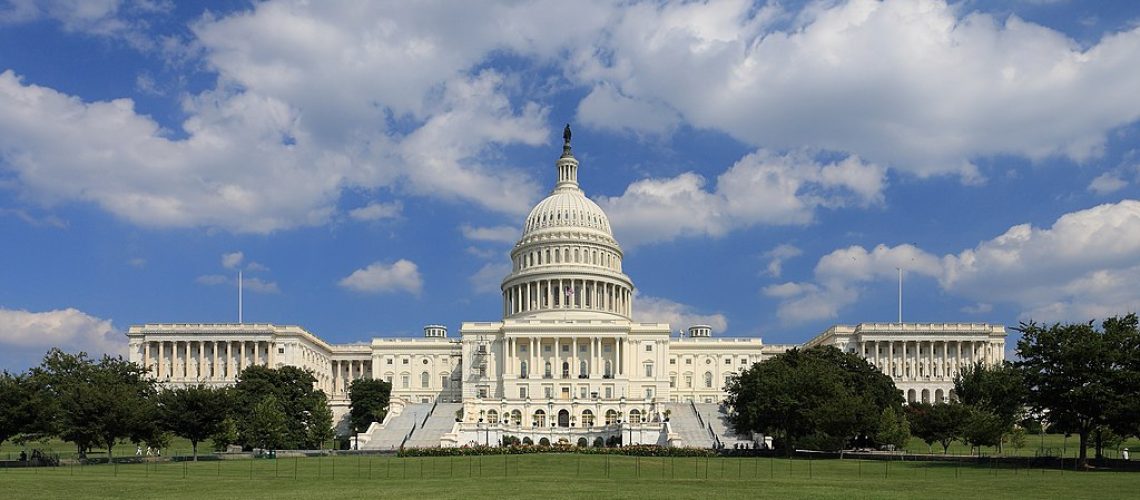Today groups that represent over 2,000 companies are holding over 100 meetings with members of Congress and staff from both parties to discuss how the tax credits are helping to drive a strong energy and manufacturing economy.
Solar lobbyists and energy groups are taking part in a lobbying blitz today to urge members of Congress to keep in place the solar and storage energy and manufacturing credits that are part of the Inflation Reduction Act.
Energy groups that represent over 2,000 companies are holding over 100 meetings with members of Congress and staff from both parties to discuss how the tax credits are helping to drive a strong energy and manufacturing economy. The Solar Energy Industries Association (SEIA) said the companies represent hundreds of billions of dollars in private investment.
As part of the lobbying blitz, two separate letters are being sent to Congress, laying out facts that support the assertion that tax credits are an economic driver.
A letter sent by SEIA on behalf of its members states that the solar industry currently supports more than 280,000 jobs and points to the success of reshoring clean energy manufacturing. The letter describes how federal policies have empowered the U.S. solar and storage industries, sending the U.S. from seventh place pre-IRA to third in global module manufacturing capacity. It also stresses the importance of increasing domestic energy production to meet the load growth that is resulting from new data centers, U.S. manufacturing, artificial intelligence and more.
Solar and storage help the American economy to grow, create jobs, and make America energy dominant. We urge you to keep in place the solar and storage energy and manufacturing credits in any tax package that may move forward in the 119th Congress.
A letter sent by trade and business groups represent 14,150 companies that employ a combined total of 75,623 workers. It acknowledges the President’s goal of reducing energy costs and strengthening the economy, but points out the load demand, the value of reshoring manufacturing and the need to compete globally (naming China, specifically). The letter urges Congress “to uphold federal clean energy and vehicle tax policies and to oppose all efforts to weaken or repeal them,” and it states that the U.S. could lose $66 billion in new investments and $50 billion in exports.
Business leaders have acknowledged that repeal will cause many to eliminate staff or to move their business abroad all together. It would also disrupt burgeoning U.S. energy supply chains. Tax policies driving manufacturing and sales in the Midwest and Southeast, for example, are also driving contracts for mining in Alaska and ship building in Louisiana. This reshoring of key U.S. energy supply chains is a win for the U.S. economy and our energy security.
A robust U.S. solar and storage industry are necessary to meeting President Trumps energy vision, said Abigail Ross Hopper, president and chief executive officer, SEIA.
“Solar can be built faster and cheaper than almost any technology,” said Ross Hopper. “With support from federal clean energy policies, American solar manufacturers can now produce enough modules to meet all demand for solar in the United States. It’s critical that our elected leaders understand the impact of these policies and the jobs and investments they bring to their constituents.”



